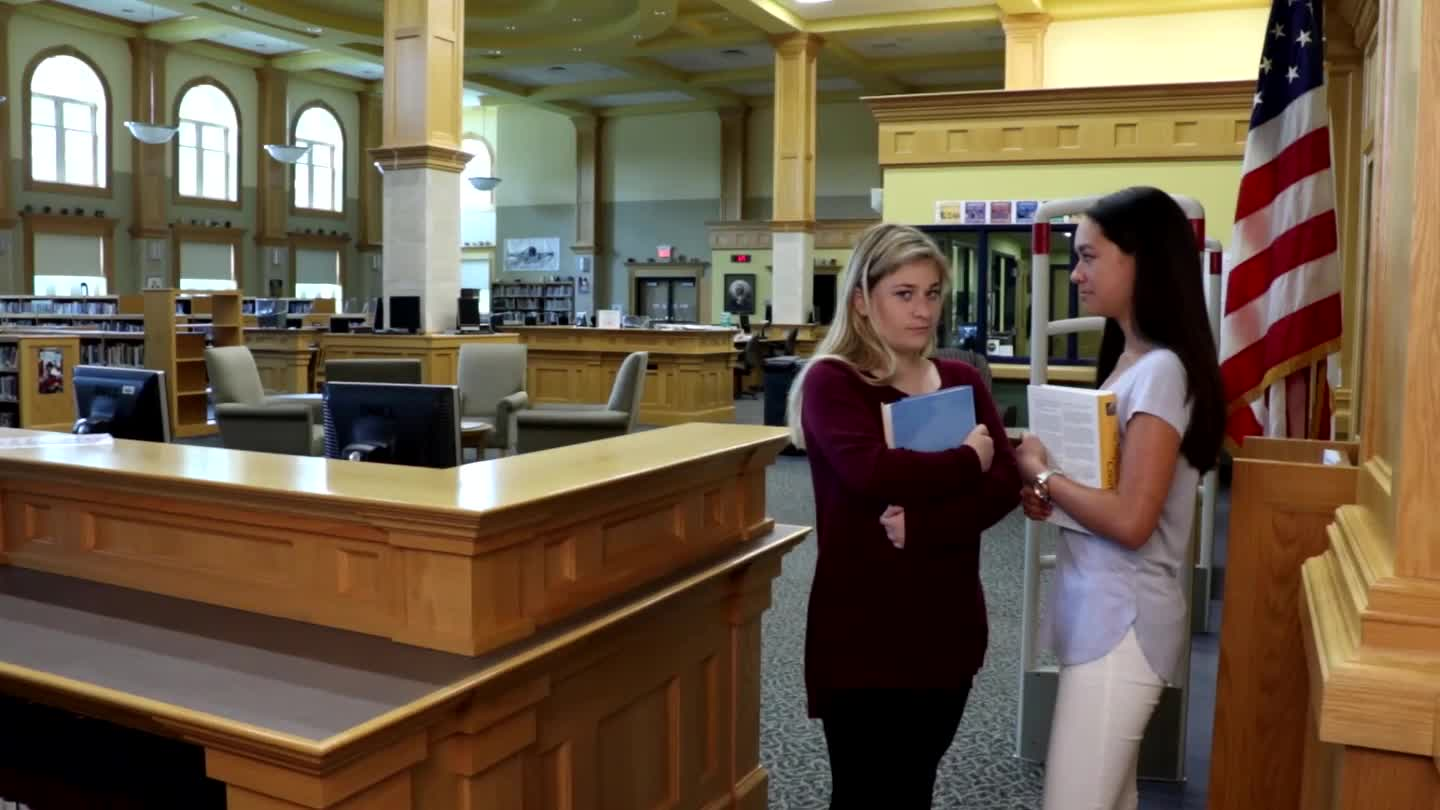Introduction
Special education is a vital aspect of teaching that focuses on helping students overcome challenges and develop essential life skills. One such skill is managing staring behaviors, which has a significant impact on students’ social interactions and overall wellbeing. In this blog post, we will explore the importance of addressing staring behaviors and how to create effective IEP goals to support students in developing this skill.
Understanding Staring Behaviors
Staring behaviors refer to the act of looking at someone for an extended period, which can make others feel uncomfortable or embarrassed. In middle school, students often become more aware of their peers and may develop interests in others. It is crucial to teach them the difference between appropriate eye contact during conversations and inappropriate staring, as it affects their social interactions and the way others perceive them.
The Role of Specialists
Various specialists play a crucial role in supporting students to develop appropriate social behaviors and manage staring:
- Speech-Language Pathologists: They can help students understand the nuances of nonverbal communication, including eye contact and its role in social interactions.
- Social Workers: They can work with students to develop social skills and self-awareness, enabling them to better understand the impact of their behaviors on others.
- Psychologists: They can provide insights into the cognitive and emotional aspects of staring behaviors, helping students develop strategies to manage them.
- School Counselors: They can offer guidance and support to students as they navigate social situations and build healthy relationships with their peers.
IEP Goals for Staring Behaviors
Here are some specific SMART IEP goals to help students manage staring behaviors:
- Goal: Improve self-awareness by identifying instances of staring and its impact on others.
- Strategy: Role-play scenarios where students practice identifying staring and discuss how it makes others feel.
- Activity: Create a social story or video modeling appropriate eye contact and the consequences of staring.
- Goal: Develop strategies to manage staring behaviors, such as redirecting attention or using self-talk.
- Strategy: Teach students to use self-talk or a visual cue to remind themselves of appropriate eye contact rules.
- Activity: Practice redirecting attention by engaging in alternative activities, such as drawing or writing, when the urge to stare arises.
- Goal: Demonstrate appropriate eye contact during conversations with peers and adults.
- Strategy: Use social skills groups or buddy systems to practice maintaining appropriate eye contact during conversations.
- Activity: Role-play various social situations, focusing on maintaining eye contact and avoiding staring.
Implementing and Measuring Progress
Implementing these IEP goals requires consistent support from educators and specialists. Regularly review and adjust the goals based on the student’s progress. Use observation, self-assessment, and feedback from peers and adults to measure the student’s improvement in managing staring behaviors.
Conclusion
Addressing staring behaviors in middle school students is essential for fostering healthy social interactions and promoting a positive learning environment. By creating and implementing effective IEP goals, educators can support students in developing this crucial skill. We encourage you to apply these goals and explore more resources at Everyday Speech Sample Materials to further enhance your students’ social skills development.






